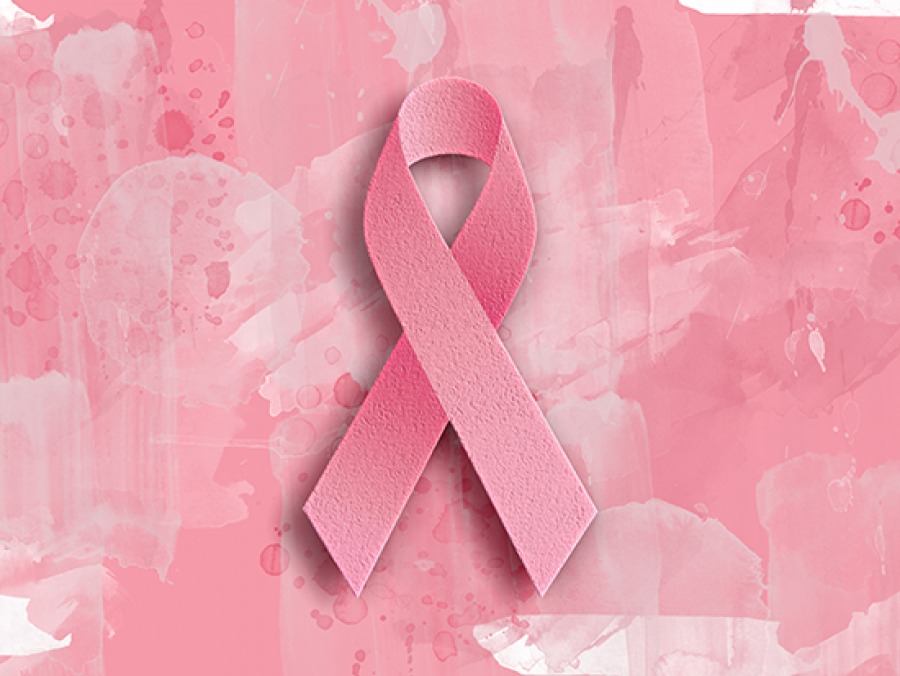In the realm of women’s health, breast cancer remains a significant concern, underscoring the importance of proactive measures such as body awareness and understanding family medical history. Recognizing early signs and taking preventive steps can significantly impact outcomes.
Body Awareness and Early Detection:
Understanding one’s own body is pivotal in detecting potential breast cancer symptoms early. Regular breast self-examinations, typically recommended monthly, allow individuals to recognize any changes in breast tissue or structure. These examinations empower women to promptly consult healthcare providers upon noticing abnormalities, potentially facilitating early diagnosis and treatment.
The Role of Family History:
Investigating family medical history is equally crucial. Women with close relatives who have had breast cancer are at a higher risk themselves. Awareness of familial predispositions enables healthcare providers to recommend personalized screening protocols, such as mammograms and genetic testing, at appropriate intervals. Early intervention through regular screenings enhances the likelihood of detecting cancer at its nascent stage, thus improving treatment efficacy.
Preventive Measures:
Apart from self-examinations and genetic screenings, adopting a healthy lifestyle can mitigate risks. Regular physical activity, maintaining a balanced diet, limiting alcohol consumption, and avoiding tobacco contribute to overall well-being and potentially reduce breast cancer risks.
Medical Advice and Support:
Consulting healthcare professionals for tailored advice based on individual health profiles and risk factors remains paramount. Initiatives such as routine clinical breast examinations and discussions about risk reduction strategies with medical experts further bolster proactive healthcare practices.
Community Awareness and Support:
Promoting awareness within communities about the significance of early detection and proactive healthcare measures is essential. Educational campaigns emphasizing the role of self-awareness, family history inquiries, and regular screenings empower individuals to take charge of their health and well-being.
Conclusion:
As advancements in medical research and technology continue to evolve, the emphasis on proactive measures such as body awareness and family history investigation remains pivotal in the fight against breast cancer. Empowered by knowledge and supported by comprehensive healthcare strategies, individuals can navigate their health journeys with informed decisions and enhanced outcomes.




